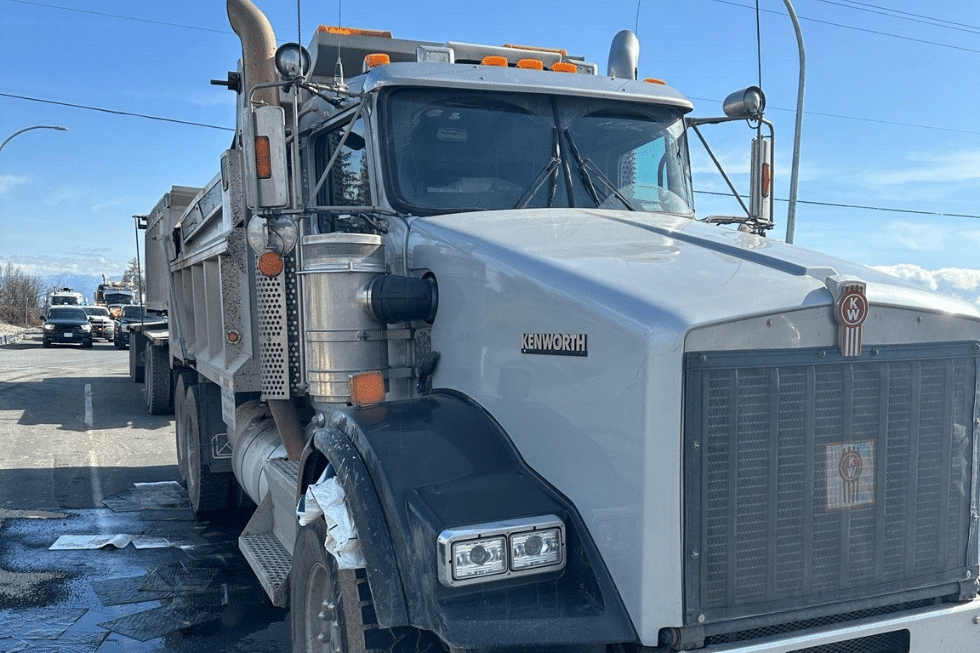We understand that changing legislation is difficult to keep up with, especially when each province has different regulations. Keystone Environmental can support Hazardous Waste Transporters who frequently travel across Canada with compliance of different provincial regulations. We support Transporters by conducting a detailed review of current policies and procedures that are applicable to their business operations with respect to Emergency Response Plans and Spill Contingency Plans, and provide feedback and a strategy to ensure they operate in compliance with the regulations governing the provinces where they do business. This is especially important as regulators are becoming more active in auditing and enforcing compliance.
Here are the most common questions and answers to further explain this.
Question: What is a Responsible Person?
Answer: According to BC Ministry of Environment, a Responsible Person (RP) is the person who has possession, charge or control of a substance (or material) when a spill of the substance (or material) occurs or is at imminent risk of occurring. RP is required to ensure that the necessary actions are taken when responding to a spill, or the imminent risk of a spill.
Question: What do Responsible Persons need to do in relation to a spill?
Answer: Section 91.11 of the Environmental Management Act (EMA) focuses on spill preparedness and the requirement for Responsible Person (RP) to prepare Spill Contingency Plans (SCPs). This Plan is a proactive obligation placed on RP to demonstrate their capability to respond to a spill of a prescribed quantity. SCPs are detailed Plans that outline the incident command structure, notification framework, notification assessments and reporting required in response to a spill. These are prepared in conjunction with company policies and procedures related to Emergency Response Planning.
Question: How can Keystone Environmental help with understanding different provincial regulations?
Answer: Transporters who travel through different provinces must be compliant with specific provincial environmental regulations as well as federal requirements. We can support Transporters by conducting a detailed review of current policies and procedures, Emergency Response Plans, and Spill Contingency Plans, and provide feedback and a strategy to ensure compliance. This is especially important as regulators are becoming more active in auditing and enforcing compliance.
Question: What certification do Hazardous Waste Transporters need? How can Keystone Environmental help?
Answer: A Transporter must have a License to Transport (LT) when moving hazardous substances or materials, which requires Certification from a Qualified Professional (QP). Transporters who do not have a QP on their staff must engage the services of a qualified consulting professional (such as Keystone Environmental) for preparing the Spill Contingency Plan (SCP). A Contingency Plan is technical in nature, requiring the writer to be knowledgeable about the hazardous wastes, associated risks and options for management of waste in an emergency situation.
Engaging a QP such as Keystone Environmental ensures that the Emergency Response Plans and SCPs are compliant with the current regulations such as the Transportation of Dangerous Goods, the EMA, the Spill Preparedness, Response and Recovery Regulation, the Spill Reporting Regulations and Spill Contingency Planning Regulation.
Transporters travelling through various provinces require compliance with provincial and federal requirements. Keystone Environmental is qualified to support transporters in their compliance with current regulations applicable in the provinces where they do business.
***
Our multi-disciplinary team provides comprehensive spill response planning services. If you need more information on the details in this newsletter, or support with a current spill, connect with our Spill Coordinator, Sabrina McCarthy, to learn more about our services.

